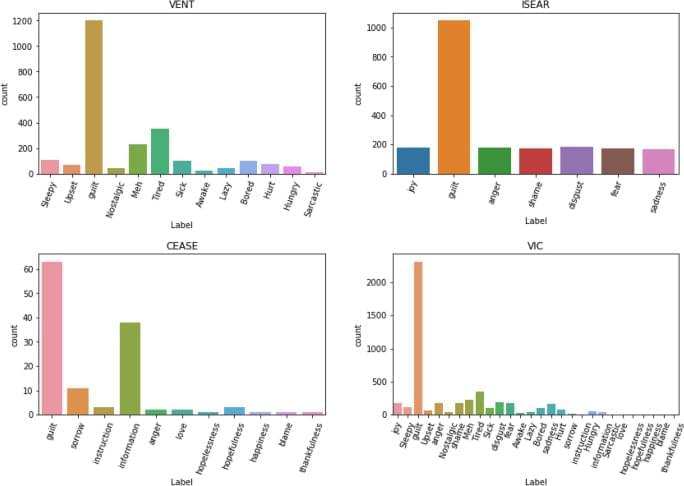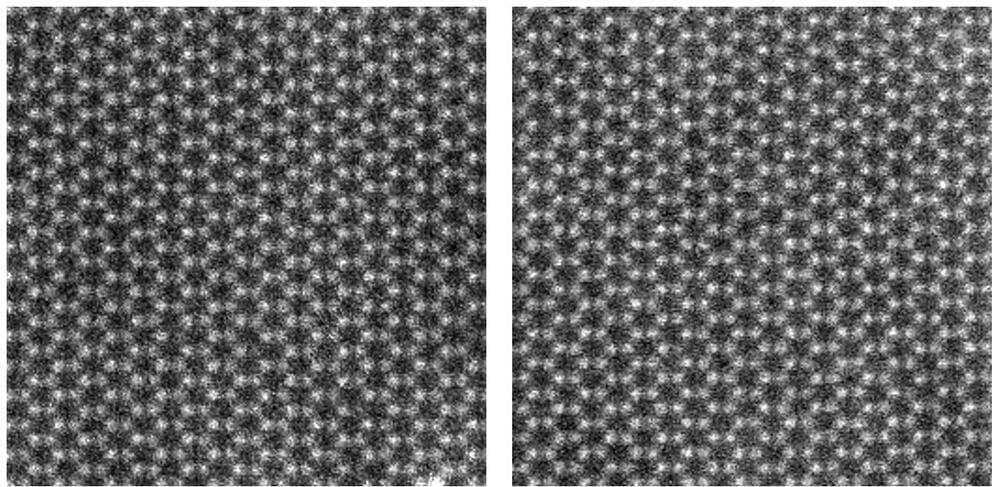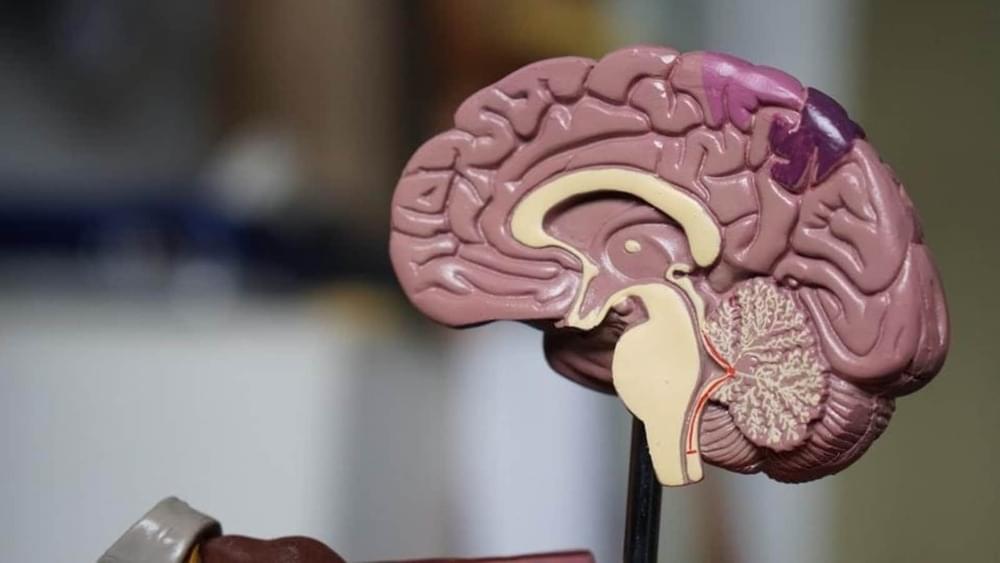Gero, an AI-driven biotech focused on aging and longevity, has demonstrated the feasibility of applying quantum computing for drug design and generative chemistry, which now offers significant promise for the future of healthcare. The research, published in Scientific Reports, outlines how a hybrid quantum-classical machine-learning model was used to interface between classical and quantum computational devices with the goal of generating novel chemical structures for potential drugs—an industry first.
The research paper follows in the wake of recent advancements from Gero, which sparked vigorous discussion among longevity experts in the scientific community when a story was published in Popular Mechanics that asserted humans can stop—but not fully reverse—aging. Earlier this year, Gero announced a target discovery deal with Pfizer, whereby Gero’s machine-learning technology platform is being applied to discover potential therapeutic targets for fibrotic diseases using large-scale human data.
In this new line of research, the team explored whether a hybrid generative AI system—a deep neural network working in conjunction with commercially available quantum hardware—could suggest unique chemical structures that are synthetically feasible and possess drug-like properties.








